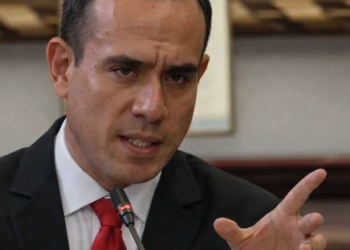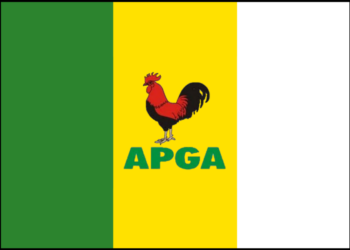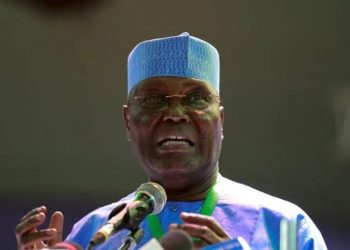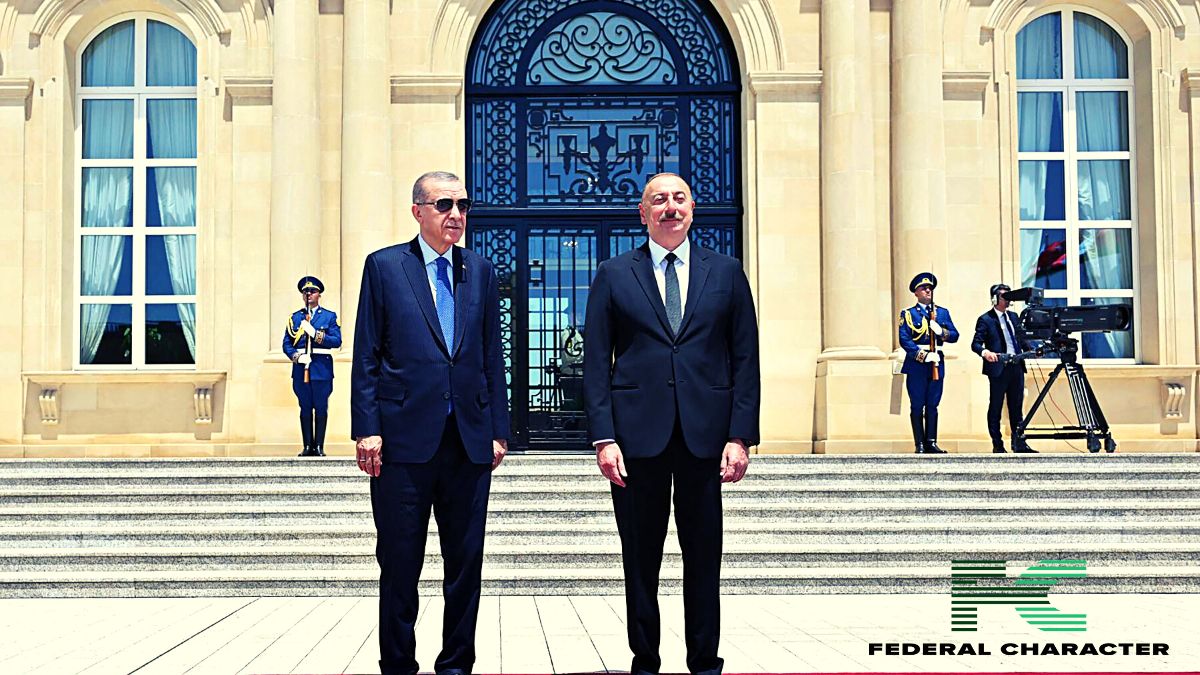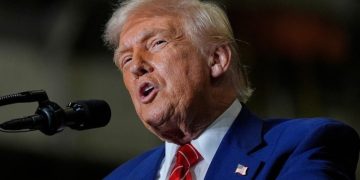As Mozambique counts votes following its national election, the usual cloud of suspicion and accusations of fraud looms over the process. The ruling Frelimo party, which has enjoyed a nearly five-decade grip on power, is once again at the center of controversy. With civil society groups watching closely, compiling their own parallel tallies to sniff out fraud, it’s clear that trust in the electoral process is on life support.
Voting took place on Wednesday, and while many hoped for a clean and transparent election, initial reports are less than promising. Frelimo, predictably, is expected to extend its 49-year reign. Mozambique has long been plagued by allegations of electoral rigging, which the party predictably denies with a straight face. Yet, here we are again. According to Sala da Paz, a civil society platform, over 200 polling stations barred journalists and observers from witnessing the vote count, raising more than a few eyebrows.
“Significant cases of electoral irregularities that may raise questions about the credibility of the process,” their statement read. You don’t say.
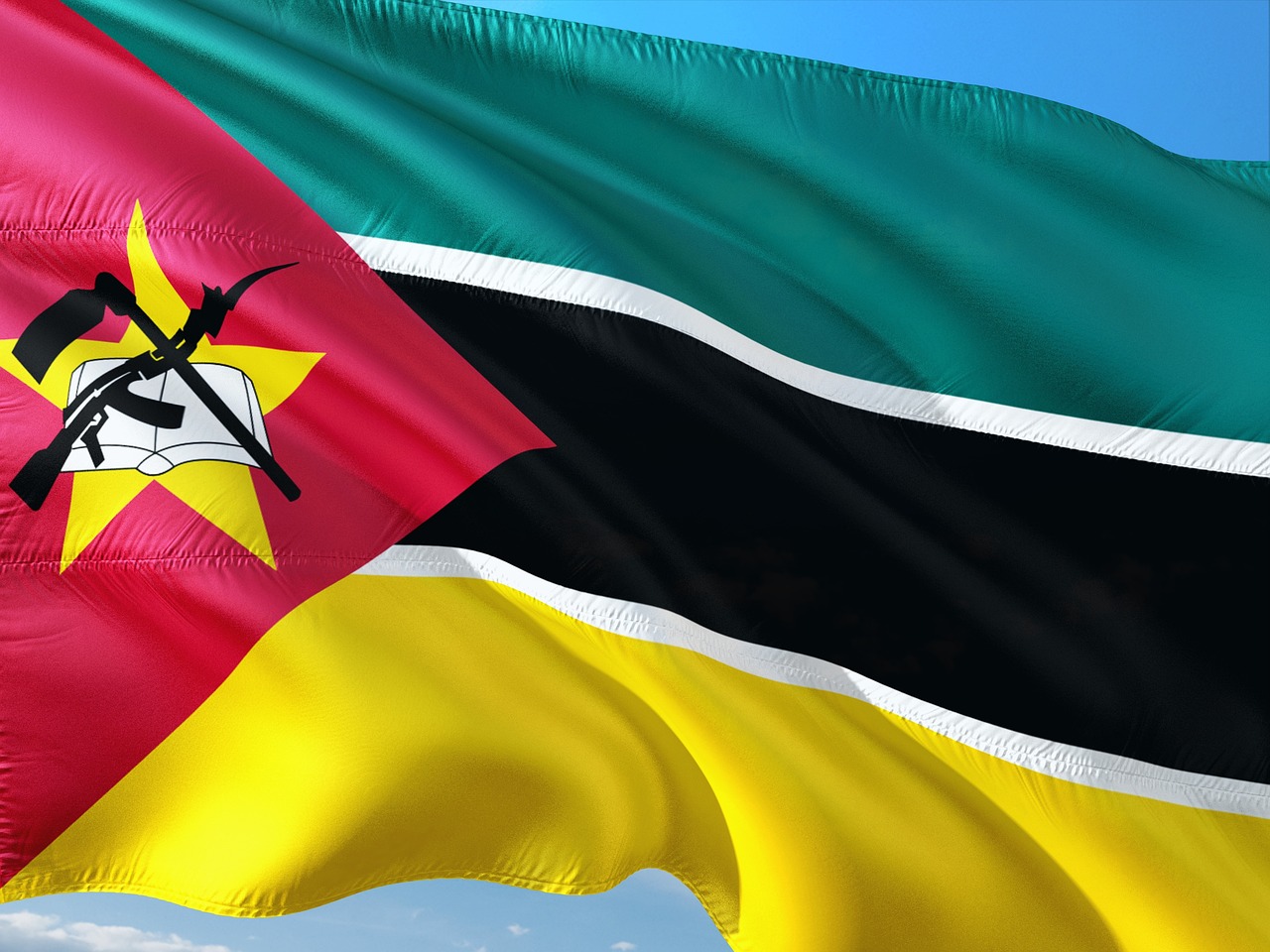
Meanwhile, Mozambique’s National Election Commission—because who doesn’t love a good bit of bureaucratic silence, has not bothered to comment on the situation. But this lack of transparency doesn’t come as a surprise to many. At the Centre for Public Integrity in Maputo, staff were busy uploading photos of handwritten results sheets, sent in by their observers stationed at polling centers. The data is being fed into an app that crunches the numbers, trying to keep things a little more, well, honest. Data analyst Analgencio Makamo summed it up bluntly: “This is very important because, historically speaking, the electoral process in Mozambique is characterised by fraud.” It’s nice when people just call it like it is.
The electoral commission promises to deliver preliminary results by Saturday, but the full outcome could take up to two weeks. That’s plenty of time for discrepancies between the official results and the parallel counts to emerge—if history repeats itself, as it often does in Mozambique.
There are four candidates vying for the presidency, but let’s be real—this is Frelimo’s show. The party has put forward Daniel Chapo, a 47-year-old former governor and law professor, who no doubt fits their mold perfectly.
However, there is a wildcard: Venancio Mondlane, an independent candidate who has managed to galvanize the youth with his outsider message. In the working-class Mafalala neighborhood of Maputo, where red Frelimo flags fly over tin-roofed shacks, there’s a palpable sense of hope for Mondlane. But hope in politics can often be a fragile thing.
“Everybody here hopes Venancio will win. It’s going to be chaos if he doesn’t,” said Siaca Chemuna, a resident of the area. One can only wonder how much “chaos” the ruling party is prepared to deal with if the vote doesn’t go their way.
Beyond the immediate election drama, whoever wins will face some monumental challenges. There’s an Islamist insurgency in the north, which has halted multi-billion-dollar gas projects and displaced hundreds of thousands of people. Add to that the crippling debt levels and the increasing devastation from cyclones, and it becomes clear that the next president won’t have much time to celebrate.
Mozambique may be counting votes, but the bigger question remains: is the vote even worth counting? According to 25-year-old entrepreneur Helena Cossa, “We are going to wait for the results, but I don’t think the elections were free.” If the past is any indication, Cossa’s skepticism is more than justified. As the nation waits for the final tally, the underlying narrative feels all too familiar, democracy in Mozambique might be nothing more than an elaborate show, and the people are left wondering if their votes really matter at all.


